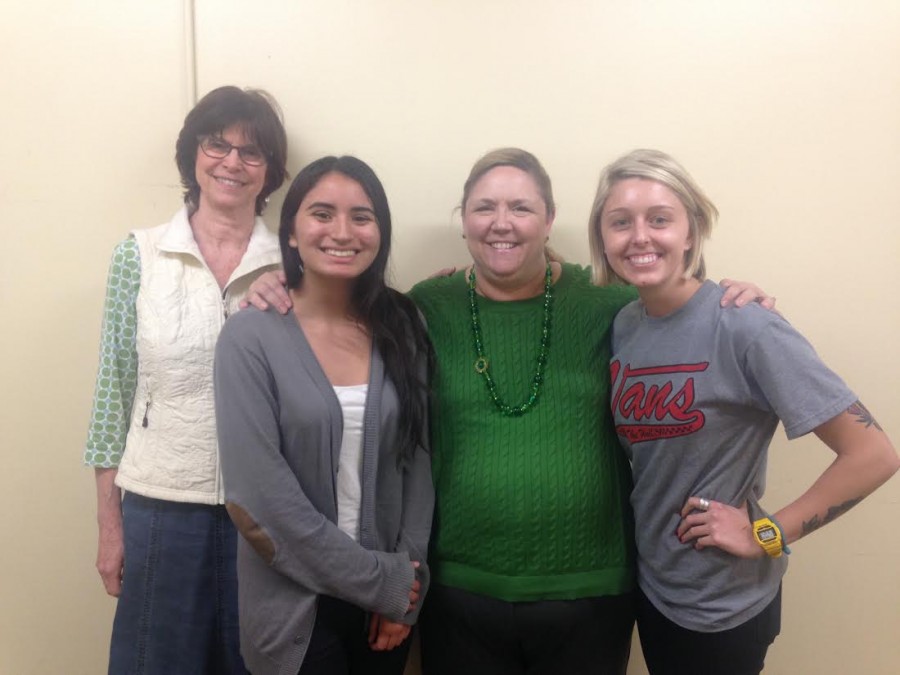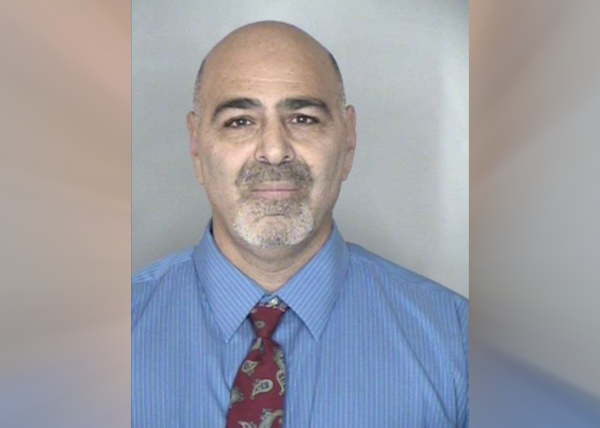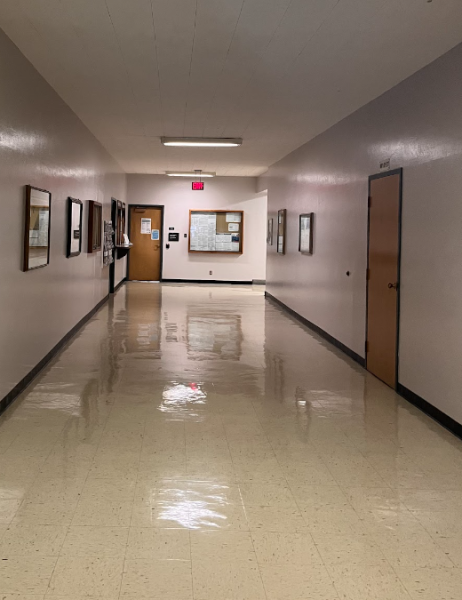Course aims to reduce impact of stress-related issues
Ann, Brina, Trisha and Taylor are all smiles as they await the first day of the Mindfulness Based Stress Reduction course. Photo credit: Dominique Diaz
For the seventh consecutive year, the Campus Alcohol and Drug Education Center will be offering a Mindfulness Based Stress Reduction course that will take place over an eight-week period.
The class is designed to help prevent and minimize stress-related issues including headaches, high blood pressure and anxiety.
Taylor Fencyk, junior psychology major and senior office assistant at CADEC, struggles with anxiety, she said. It can get hard for her to live in the moment because of all of the things that she has to do.
This class helped her to concentrate on the moment, Fencyk said.
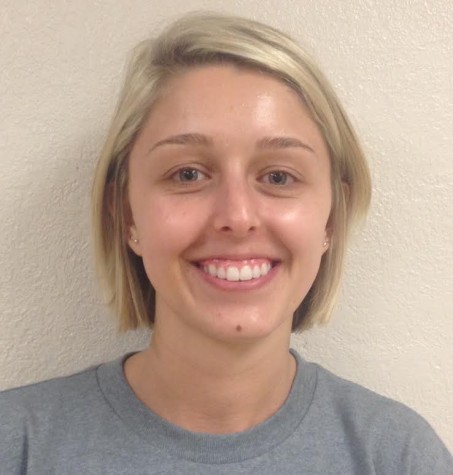
“All of those thoughts go away and you’re able to focus on yourself and your breath,” she said.
It was developed by John Kabat-Zinn, mindfulness practitioner and scientist, at the University of Massachusetts. It’s evidence-based with over three decades of research to back it up.
“We were seeing so much stress in our students,” said Trisha Seastrom, CADEC program director. “This seemed like, to me, the logical thing to offer on a college campus.”
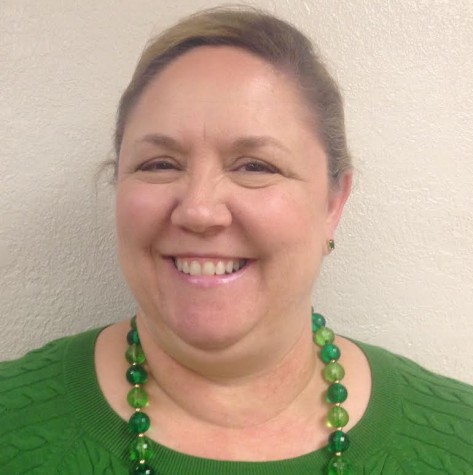
Students are under different types of stressors, including financial stress, she said.
“It’s not only an intervention for people that are struggling with health or other stress-related issues but it’s also preventative,” Seastrom said.
It’s been proven to help with the difficulties of life, said Ann Ponzio, class instructor.
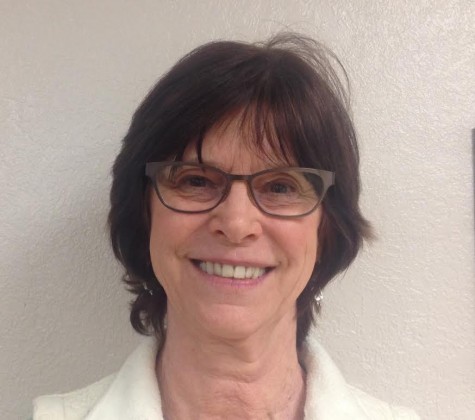
“(There’s) a lot of research that shows changes in the brain after taking this program,” she said. “Changes in the brain that have to do with calmness and areas of the brain that have to do with stress and fear.”
Aside from that, the course itself is accessible and fulfilling, Ponzio said.
“Mindfulness is present-moment awareness,” she said.
The mindfulness-based course includes practices involving meditation and body scans, Ponzio said. Students are encouraged to practice outside of class; it’s about applying it to daily life.
“It’s like going to the gym,” she said. “If you want to build mindfulness muscles, you’ve got to go and do your reps.”
It happens naturally if people stick with it, Ponzio said. The class provides structure and a safe space.
Brina Cavarrubias, sophomore communication studies major and CADEC peer educator, said the course isn’t just about stress-reduction, it’s about taking each moment as it comes.

“It teaches you how to be better about your day,” she said. “And what those moments truly are in front of you, if you want to live a more mindful life.”
You learn how to respond to life and your brain actually changes, Seastrom said.
“There would be a lot less Xanax prescribed if people could learn to incorporate something like this in their daily lives,” she said.
“One of the main things that people get out of it is that they’re not alone,” Ponzio said. “You start to realize that these are common human problems that are prevalent in our culture.”
It’s important to offer this at Chico State, Fencyk said, because there are opportunities to engage in dangerous coping behaviors.
“If someone’s stressed they might go out and high-risk drink or they could learn these practices and it would benefit them for the next 30 plus years of their life,” she said.
The Mindfulness Based Stress Reduction course is $30 for students and $250 for faculty and staff. The price for faculty is higher than for students because their costs help to reduce the costs for students, Seastrom said.
Class will meet every Monday starting Feb. 22 for eight weeks from 6-8:30 p.m.
Dominique Diaz can be reached at [email protected] or @dominiqueldiaz on Twitter.








